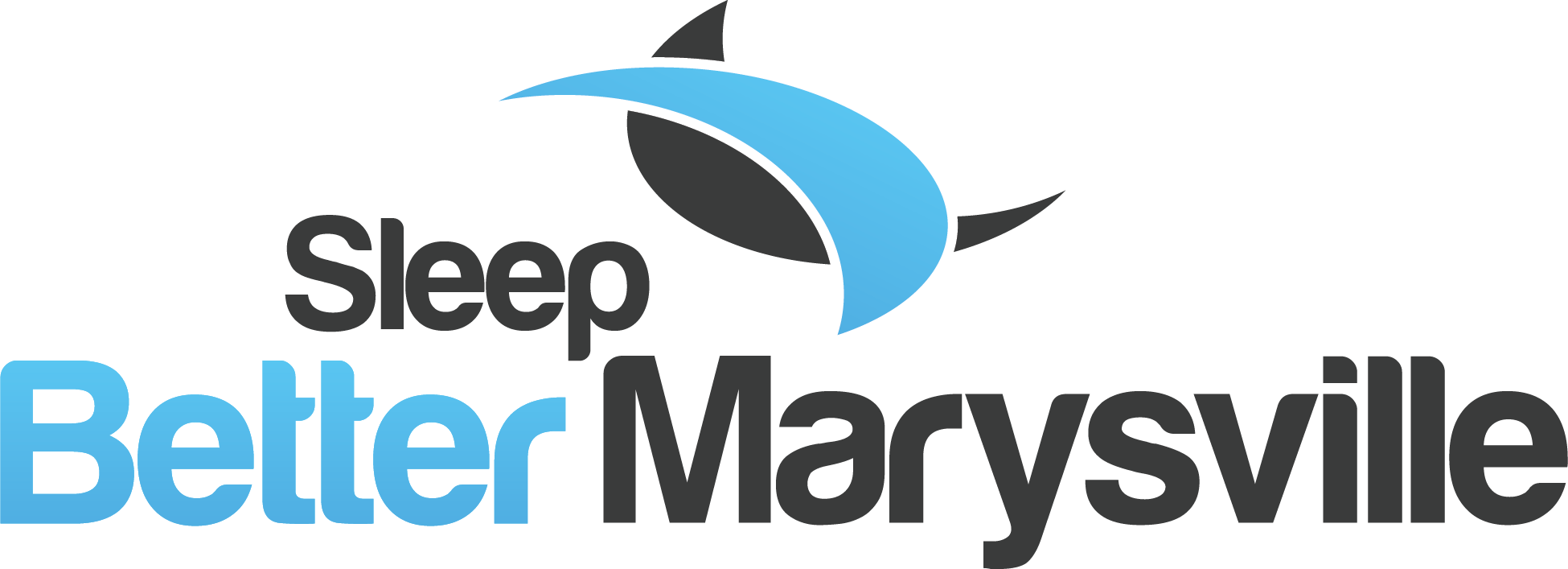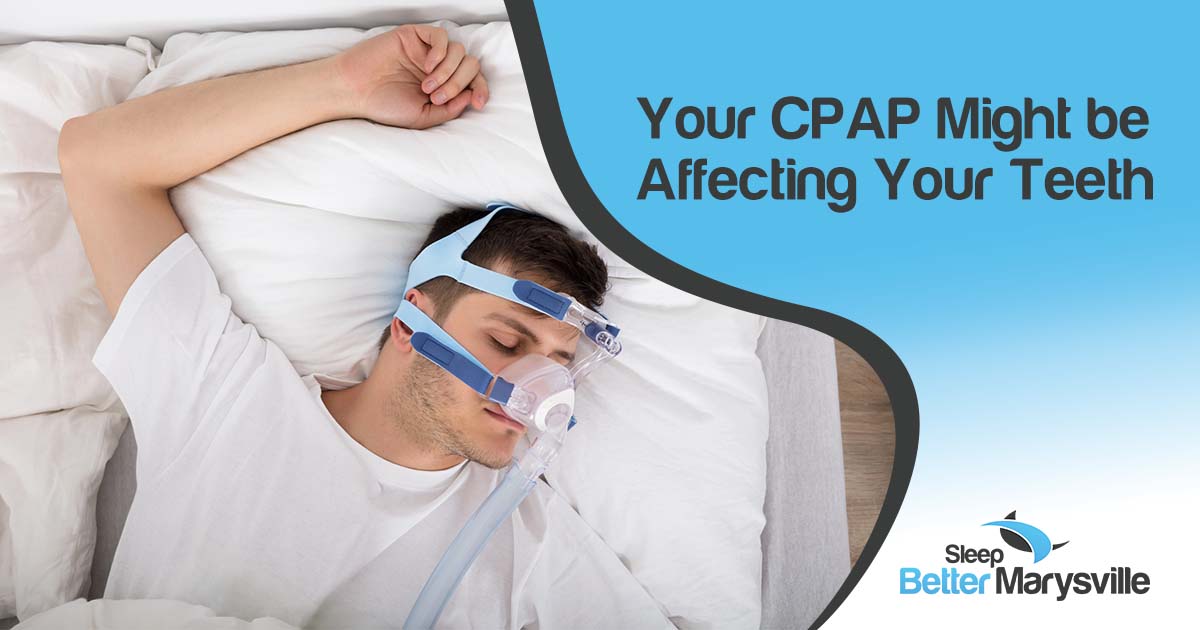Sleep apnea is a common condition in the United States. It can occur when the upper airway becomes blocked repeatedly during sleep, reducing or completely stopping airflow. This is known as obstructive sleep apnea. Here are a number of treatment options to discuss with your doctor. Two of the most widely used are continuous positive airway pressure (CPAP) and dental appliances, or mouth guards. However, as more people find they don’t respond well to CPAP therapy, they’re turning to CPAP Alternatives.
The Truth About CPAP Machines
The CPAP machine is widely prescribed in treatment of sleep apnea. However, it comes with some serious side effects. By far, an air leak is the most common complaint with CPAP use. If the mask doesn’t fit perfectly, air may escape around the edges as you change position while you are sleeping. Larger masks, such as those that cover the nose and mouth, are more prone to leaks. Leaks may compromise your therapy by reducing the pressure delivered, or they may be noisy and disturb your bed partner.
Your CPAP mask may leave marks on your skin if it doesn’t fit properly, possibly leading to sores or even ulcers, especially along the bridge of your nose. People with sensitive skin may also develop a rash or skin irritation, especially with masks that contain latex. Another common side effect is dryness of your nose or mouth often accompanies leakage. This may lead to nosebleeds or may even damage to your gums and teeth. If your mouth falls open, air can escape, leading to a parched mouth or tongue.
Though it is easy to breathe in, you may find it difficult to breathe out against the pressure when you first start using CPAP therapy. This may improve over time, but the effort may also cause insomnia. Due to the air pressure of the CPAP, you may end up with air in your stomach, causing you to belch all night long. This can lead to sleep disturbances and keeping a partner awake also.
Oral Issues from CPAP Machines
The machines can be cumbersome to take care of. CPAP machines require the use of distilled water to prevent desiccation of the oral tissues. For the wearer, the use of the distilled water can be tedious and requires special attention to cleaning and disinfecting the machine, tubing and mask. Quite often, after a while, the wearer just does not bother anymore.
A serious side effect is dental and skeletal changes associated with continuous CPAP are also known to occur. Any sustained force or pressure on teeth has the potential to cause tooth movement. As such, it is reasonable that flaring of the anterior teeth would occur because of delivering positive pressure posterior to the tongue that functions to position it forward in the oral cavity and against the anterior teeth. Any sustained force or pressure on teeth has the potential to cause tooth movement. As such, it is reasonable that flaring of the anterior teeth would occur because of delivering positive pressure posterior to the tongue that functions to position it forward in the oral cavity and against the anterior teeth. In other words, there have been reports of teeth movement due to the use of a CPAP machine. This can lead to serious biting and chewing problems.
Oral Devices as CPAP Alternatives
Oral appliances, fit by qualified dentists, are an effective treatment for many patients who can’t use or don’t want to use CPAP therapy and are seeking CPAP alternatives. They come in many different designs, but for the most part, they are usually custom made. The main purpose of the dental device is to keep the airway open during sleep, thereby preventing it from collapsing and blocking the normal flow of air during breathing.
Oral Device Types
- Mandibular advancement device (MAD). The most widely used mouth device for sleep apnea, MADs closely resemble mouth guards used in sports. They snap over the upper and lower dental arches and have hinges to make it possible for the lower jaw to be gently shifted forward. Some of these devices, such as the Thornton Adjustable Positioner (TAP), provide the added benefit of allowing you to control the degree of advancement.
- Tongue retaining device. Used less commonly than MAD, this device is a splint that holds the tongue in place to keep the airway open.
There are advantages to using an oral device. for people with mild to moderate sleep apnea, particularly those who sleep on their backs or stomachs. The dental devices may improve sleep and reduce the frequency and loudness of snoring. Also, because an oral device is easy to use and maintain, people are more likely to use these popular CPAP alternatives.
If you receive a dental device, you should have a checkup early on to see if it is working. In order to get the most relief from sleep apnea, it is important to have periodic checkups for possible adjustment or replacement. If you experience pain or changes in your bite, your dentist or orthodontist may be able to make modifications to correct the problem.
Also, dental devices have also been shown to control sleep apnea long term compared to uvulopalatopharyngoplasty (UPPP), the standard surgical procedure for apnea, in which the surgeon removes soft tissue from the back of the throat. If you’d like to learn more about this safe and effective treatment option, reach out today.

